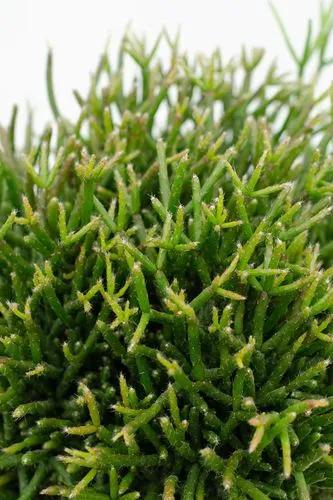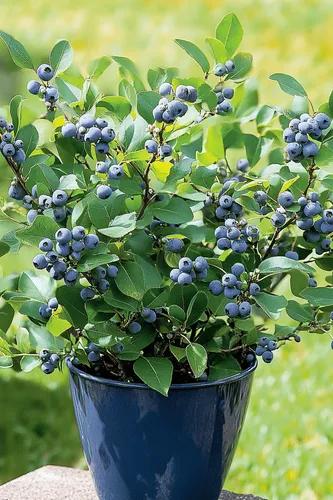One of the most recognizable fruit trees worldwide, filled with crisp, juicy, and flavorful apples. Whether you have a sprawling orchard or a small backyard, growing your own Apple tree is a rewarding experience.
Apple Care
Malus domestica



Common Apple Tree, scientifically known as Malus domestica, is a fruit-bearing tree that belongs to the Rosaceae family. This popular fruit tree is native to Central Asia and is now cultivated worldwide for its delicious and versatile apples, its main identification feature. Common Apple trees vary in size and shape, but they typically reach a height of 15 to 30 feet (4.5-9 meters) and produce fragrant, showy blossoms in the spring. There are countless apple cultivars, each offering its own unique flavor, texture, and color.
How to Care for the Plant

Container

Choose a large container with good drainage to accommodate the tree's root system before transferring it to a garden.

Fun fact

Apple has a biological connection to roses and strawberries since they belong to the Rosaceae family. The feature that shows that connection vividly is the spring blossom.

Popularity

17,396 people already have this plant 1,484 people have added this plant to their wishlists
Discover more plants with the list below
Related articles






